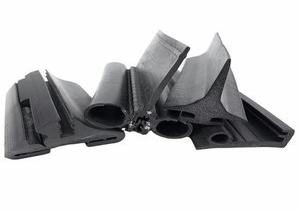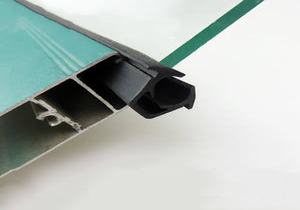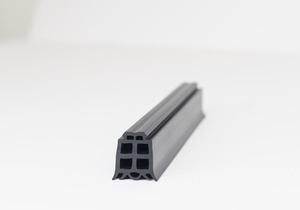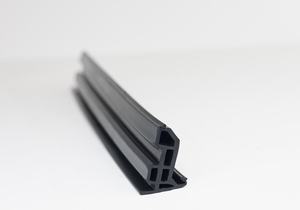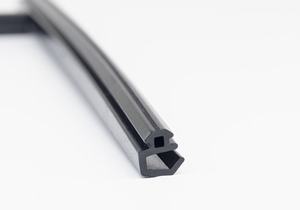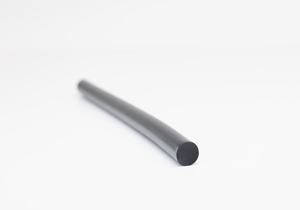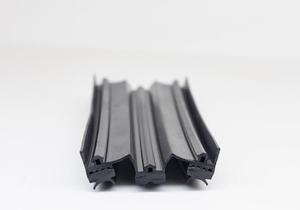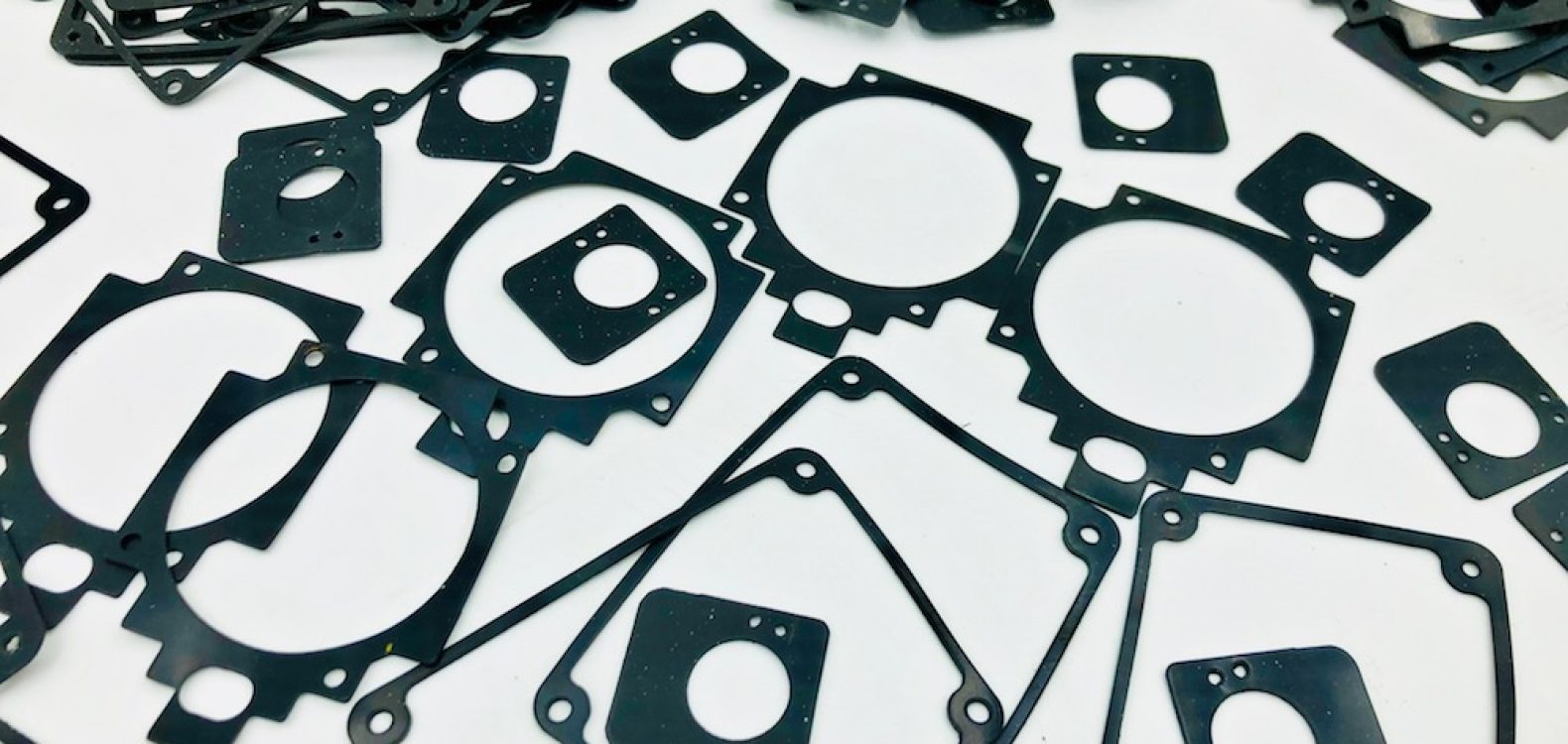PVC seals, also known as Polyvinyl Chloride seals, are versatile and widely used components in various industries and applications due to their durability, flexibility, and resistance to environmental factors. These seals are made from a synthetic thermoplastic polymer known as PVC, which is derived from vinyl chloride monomers through a polymerization process. PVC seals come in various shapes, sizes, and configurations, and they serve a multitude of functions across different sectors.
Properties and Characteristics:
- Durability: PVC seals are known for their exceptional durability and longevity. They can withstand harsh environmental conditions, including exposure to sunlight, moisture, and chemicals, without degrading or losing their structural integrity.
- Flexibility: One of the key advantages of PVC seals is their flexibility. They can be easily molded into different shapes and sizes, making them suitable for a wide range of sealing and gasket applications.
- Chemical Resistance: PVC is inherently resistant to many chemicals, acids, and bases, making PVC seals ideal for use in environments where exposure to corrosive substances is a concern.
- Weather Resistance: PVC seals are highly weather-resistant, making them suitable for outdoor applications. They do not degrade or become brittle when exposed to UV rays, rain, or extreme temperatures.
- Electrically Insulating: PVC is an excellent electrical insulator, which makes PVC seals suitable for applications where electrical conductivity needs to be avoided.
Applications:
- Construction Industry: PVC seals are commonly used in construction for weatherproofing doors and windows. They provide a reliable barrier against moisture, drafts, and noise.
- Automotive Industry: PVC seals find applications in vehicles as weatherstripping, ensuring a tight seal between doors, windows, and other openings to prevent water infiltration, reduce noise, and enhance insulation.
- Industrial Manufacturing: In industrial settings, PVC seals are used in conveyor systems, machinery, and equipment to prevent dust, debris, and contaminants from entering sensitive components.
- Electrical and Electronics: PVC seals are used to seal electrical enclosures, cable entries, and connections, providing protection against dust, moisture, and environmental factors.
- Agriculture: PVC seals are utilized in agricultural applications, such as sealing silos, grain bins, and irrigation systems, to prevent spoilage and protect equipment.
- Marine Industry: Due to their resistance to saltwater and UV radiation, PVC seals are used extensively in marine applications, including boat hatches, windows, and sealing compartments.
- Medical Industry: PVC seals are employed in medical devices and equipment to provide a sterile barrier, ensuring the integrity of sensitive medical instruments and preventing contamination.
- Packaging Industry: PVC seals are used in the packaging of food, pharmaceuticals, and other products to maintain freshness, protect against tampering, and ensure product integrity.
Manufacturing Processes:
PVC seals are typically manufactured using extrusion or molding processes. Extrusion involves forcing heated PVC material through a die to create the desired shape, while molding entails heating PVC and injecting it into molds to form custom shapes and profiles.
Environmental Considerations:
While PVC seals offer numerous benefits, it’s important to note that the production and disposal of PVC can have environmental impacts. PVC is not biodegradable, and the manufacturing process may release chlorine gas, a hazardous substance. Recycling and responsible disposal methods are essential to mitigate these concerns.
In conclusion, PVC seals are indispensable components in a wide array of industries and applications due to their durability, flexibility, and resistance to environmental factors. Their ability to provide effective sealing, insulation, and protection makes them a valuable choice for sealing solutions across various sectors while addressing specific performance requirements. Nonetheless, environmental considerations should always be taken into account to minimize their ecological footprint.
